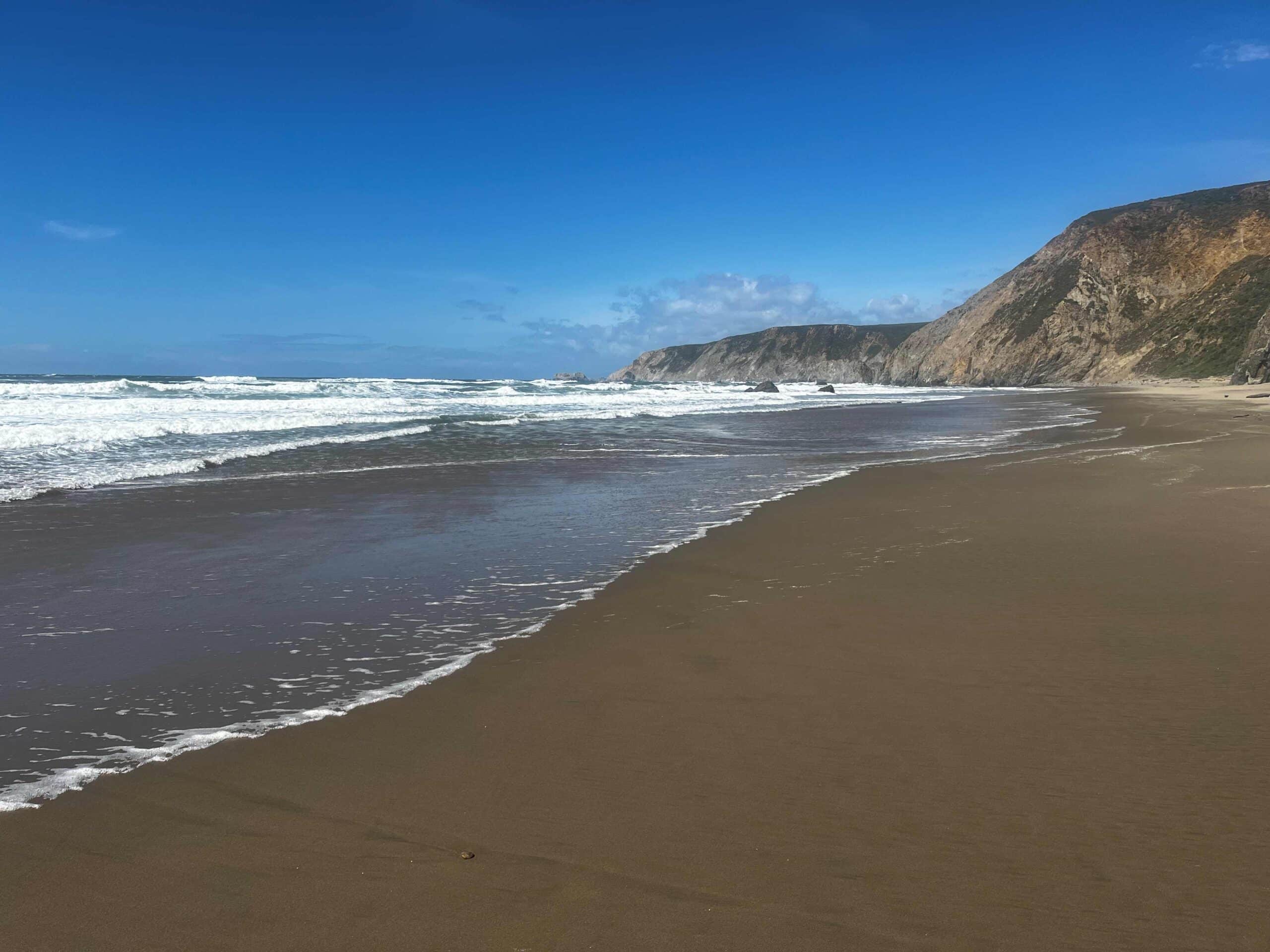
Humanity’s escalating ecological overshoot—demanding over 70% more from nature than ecosystems can regenerate—has led to climate disruption, biodiversity loss, and resource depletion, undermining global stability.
While climate change understandably dominates the environmental discourse, it is often framed as a “free-rider problem.” In this framing, individuals, businesses, and nations perceive that they are being asked to make sacrifices for the global good, leading to resistance rather than enthusiasm. For instance, the Californians who gives up their car to reduce CO2 emissions will not significantly lower the chance of their own house burning down in a wildfire.
Because free-rider problems suffer from misaligned incentives, they are notoriously difficult to address.
Global Footprint Network takes a different approach. Rather than focusing solely on carbon emissions, we address the broader challenge of ecological overshoot. Therefore, we use biocapacity as our lens.
This shift in perspective reframes the crisis as a resource security challenge—one that directly impacts the stability and resilience of cities, companies, and countries. Resource insecurity is a major consequence of climate change. A shifting climate will put increasing stress on agricultural systems, while the transition away from fossil fuels will disrupt the resource inputs that economies have long depended on. However, failing to transition away from fossil fuels will only accelerate climate change, ultimately forcing an even more abrupt and costly shift in the future.
Resource security is therefore deeply intertwined with climate change. Yet paradoxically, framing the issue around resource security makes solutions more actionable. While reducing carbon emissions is often perceived as an abstract, collective responsibility, ensuring reliable access to resources is an immediate and tangible concern for decision-makers.
By emphasizing resource security, we align environmental necessities with economic and strategic self-interest. People feel their “skin in the game.” This approach makes it clear that preparing for an overshoot-constrained future is not just an moral obligation but a pragmatic necessity—one that brings economic advantages, enhances resilience, and ensures long-term prosperity.
Moreover, we believe in the power of early wins. Demonstrating that enhancing resource security efforts yield clear, measurable benefits gets attention and encourages uptake. It signals opportunity to key stakeholders, fosters momentum, and accelerates further engagement. This is why we prioritize practical examples that showcase immediate advantages, rather than starting with commons-based challenges like atmospheric pollution or deep-sea fishing, which often require broad international cooperation and long-term commitments. By focusing first on areas where individual actors can see direct gains, we create a positive feedback loop that builds enthusiasm and emphasizes one’s benefits rather than one’s sacrifice of taking action.
More resources:
- Global Footprint Network history
- Global Footprint Network offering
- Global Footprint Network communications approach


